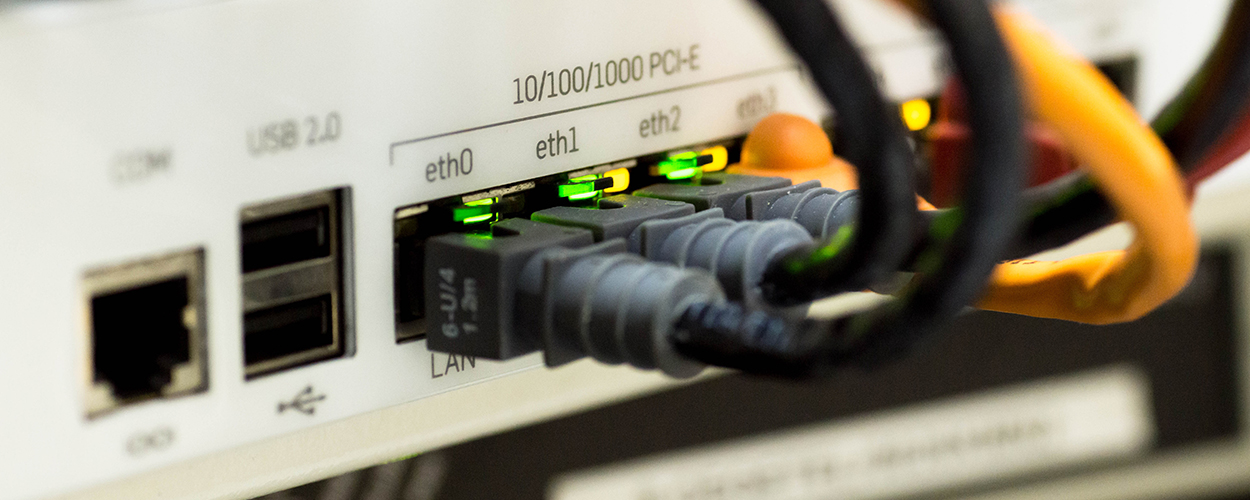This website uses cookies so that we can provide you with the best user experience possible. Cookie information is stored in your browser and performs functions such as recognising you when you return to our website and helping our team to understand which sections of the website you find most interesting and useful.
Business News Digital Legal Top Stories
Amazon removed but Chinese web giants remain on US government’s big piracy list
By Chris Cooke | Published on Friday 18 February 2022

The US government has published its annual review of online and physical marketplaces that are “notorious” for facilitating and encouraging intellectual property theft. Amazon is no longer on the list after its controversial inclusion in 2020 and 2021. However, online services and marketplaces run by various Chinese tech giants continue to be criticised.
The annual Notorious Markets report lists operations outside of the US which pose a threat to IP-owning businesses in the States by offering pirated and counterfeit material. It’s designed as a guide for the office of the US Trade Representative so that it can put pressure on foreign governments to act against IP-infringing websites and companies based in their respective countries.
The list of online operations that facilitate copyright infringement include many of the usual suspects. The Pirate Bay is always in there every year. “As one of the first BitTorrent indexing websites and one of the most vocal in openly promoting piracy, The Pirate Bay reportedly remains the most frequently visited BitTorrent index site in the world”, the latest report notes.
“Authorities in Argentina, Australia, Austria, Belgium, Brazil, Denmark, Finland, France, Iceland, Indonesia, Ireland, Italy, Malaysia, the Netherlands, Norway, Portugal, Spain, and the United Kingdom have issued orders blocking access to this site”, it goes on. “Right holders report that this site does not respond to any notice-and-takedown requests”.
Alongside the file-sharing platforms in the notorious markets list are the stream-rippers, including FLVTO, which the US record industry has been busy fighting in the courts of late. “FLVTO is highlighted again this year as an example of the stream-ripping phenomenon that continues to threaten legitimate streaming audio and video services, music performers, and composers”, the report states.
“This site allows users to download converted YouTube videos as digital audio files, but right holders claim it does not appear to have permission from YouTube or from right holders for a wide variety of copyrighted music”, it goes on.
But perhaps more interesting in the report than the out-right piracy operations are the services operated by ultimately legitimate web companies that are nevertheless accused by American IP owners of facilitating some kind of infringement.
Amazon’s inclusion in the reports published in 2020 and 2021 was particularly noteworthy. That inclusion was based on complaints that third party sellers were using Amazon sites in Europe to sell counterfeit goods. Amazon, the report said, should be doing more to counter that.
Though for its part, Amazon argued that its inclusion in the report was political and linked to the ongoing feud between its boss man Jeff Bezos and then US President Donald Trump. Which may or may not have been true. Certainly now that the compilers of the Notorious Markets list are reporting into Joe Biden, Amazon does not appear.
But web giants based in other countries do still get a listing. That includes Russian social network VK. It long ago placated the music industry by launched a licensed music service in Russia, but other copyright industries still have issues with the social media firm.
“VK reportedly facilitates the distribution of copyright-infringing files, with thousands of infringing videos and e-books identified by the US motion picture and publishing industries each month”, the report says. “Right holders acknowledge that VK has a notice-and-takedown system, but note that it lacks an effective repeat infringer policy and other processes to effectively reduce the volume of infringing content posted by its subscribers”.
Among the Chinese web giants to get a mention are Baidu, Alibaba and Tencent. With Baidu, it’s the company’s cyber-locker Baidu Wangpan that gets criticised, it hosting lots of copyright infringing material that is then linked to by its file-sharing users.
“According to right holders, infringers widely share links to pirated movies, TV shows, and books stored on Baidu Wangpan”, the report says. “While right holders report some cooperation from Baidu in recent years and Baidu provides some tools for taking down unauthorised motion picture and television content, takedown times are reportedly lengthy, and right holders often have to follow-up with Baidu to ensure that pirated content does not reappear on the platform”.
With Alibaba and Tencent, its platforms that are used to sell counterfeit goods that are criticised. That includes Alibaba’s AliExpress and Taobao platforms, and the e-commerce tools within Tencent’s WeChat ecosystem.
Tencent – an important partner of the music industry in China, of course – is not happy that its WeChat platform is included on the big US list of IP infringers, telling the BBC that it has “invested significant resources” into protecting intellectual property rights on its platforms.
Its spokesperson added: “We strongly disagree with the decision made by the United States Trade Representative and are committed to working collaboratively to resolve this matter”.
You can check out this year’s report here.





